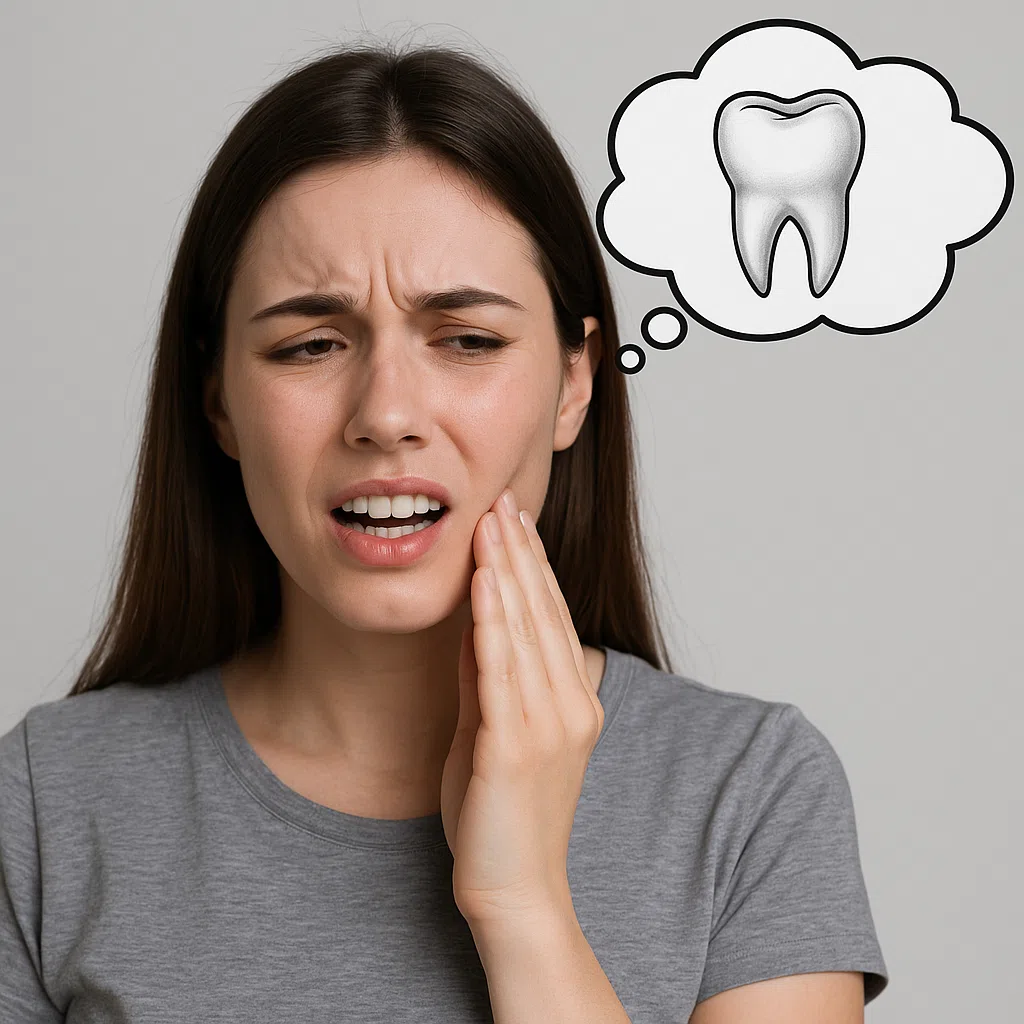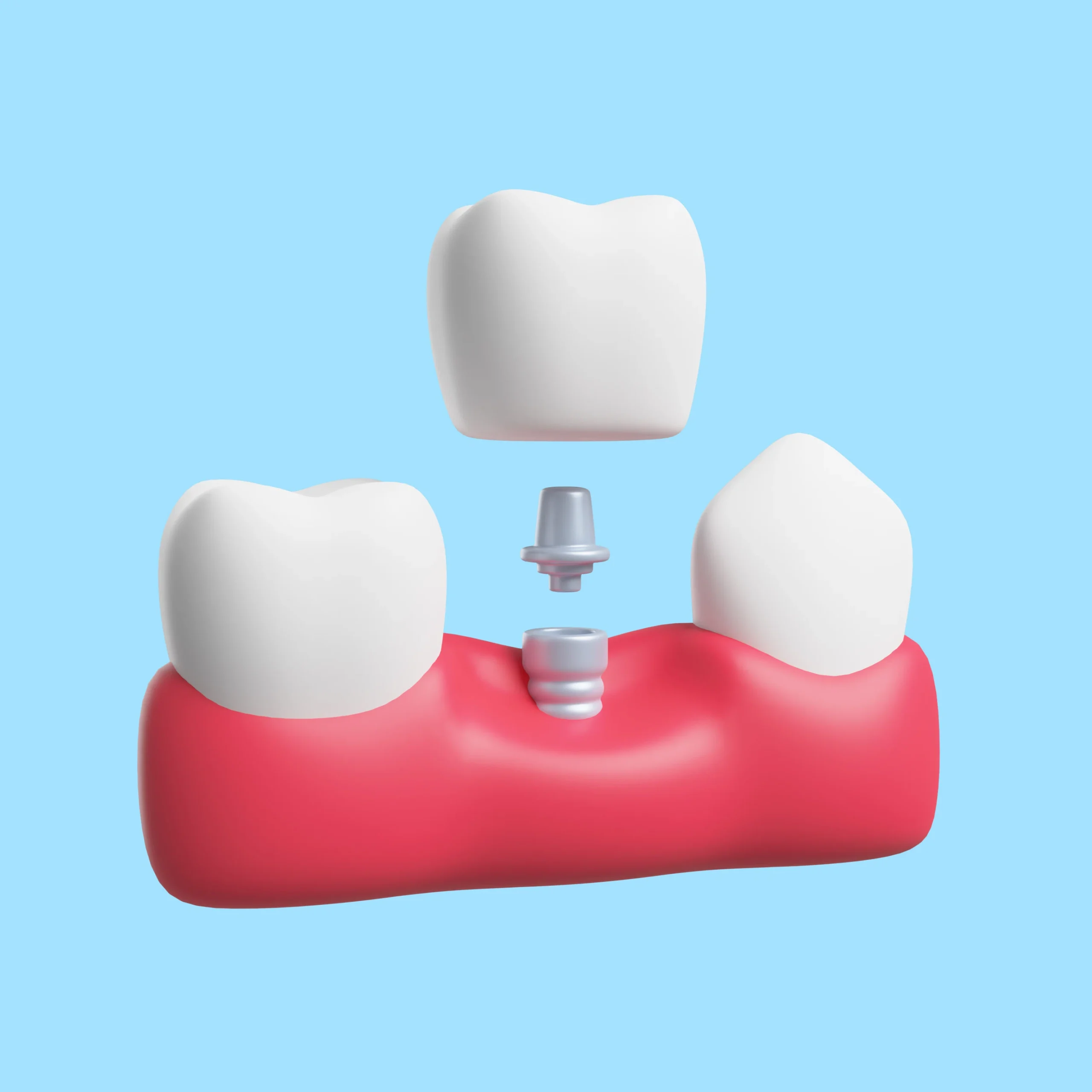Does Everyone Get Wisdom Teeth?

Wisdom teeth are often described as unexpected guests showing up right at the end of a party — they usually don’t come to every person, but in case they appear, they always make a stir. Just as the majority of people get wisdom teeth at the beginning of their adult life, not all of them are creating the same number or none at all. Some might never have any wisdom teeth appear, while others could be blessed with the strike of all four. In the article, we present all the facts about wisdom teeth, from the very beginning of their development to the possibility of their regeneration after being removed.
What Are Wisdom Teeth?
Those are the third molars, situated at the back of the oral cavity, which are called wisdom teeth. Almost every person has four — one in each corner — but some might have fewer or even supernumerary teeth (additional teeth, which is the correct term). The name “wisdom” is used to describe these teeth because they usually emerge around the 17th to 25th year, which is an age that is commonly associated with the growing-up process and the attaining of wisdom.
These molars were fully functional for our ancestors when hard food was the standard. As time has gone by and we have even started eating softer food and our jaws have gotten smaller, wisdom teeth have changed from being a necessity to becoming a dental problem.
When Do Wisdom Teeth Come In?
Providers of dental care at the present time find that wisdom teeth typically erupt within the time frame of 17-25 years. Information, on the other hand, indicates that this period could differ. There are those who could be in the line for the emergence of these teeth immediately after the teens. Alternatively, there might be those that would reach their middle age and not have ever seen them sprouting. With the certain condition of their being well-aligned and in the presence and space for growth, these teeth may not provoke any trouble, though their usual crooked growth, getting impacted, or cramming up the neighboring teeth have been seen quite often to bring about the pain and even serious illness.
Does It Hurt When Wisdom Teeth Come In?

Yes, wisdom teeth can hurt. When wisdom teeth are breaking through the gums, some people will feel mild discomfort, pressure, or swelling in the back of their mouth. For others, it can be a lot more adverse — the pain may be severe, especially if the tooth is impacted (stuck beneath the gum) or produces inflammation.
Pain can also occur when there is no place for the tooth to grow normally, which can result in gum infections or squeezing the surrounding teeth. If you feel constant or severe pain, make an appointment with a dentist.
First Signs of Wisdom Teeth Coming In
The initial indications of the wisdom teeth coming through are as follows:
- Swelling or tenderness in the back of the mouth
- Jaw pain or stiffness
- Gum irritation or redness
- Bad breath or unfamiliar taste (if infection is present)
- Difficulty opening your mouth wide
The symptoms may go away and return and may deteriorate if the teeth have no room to erupt. Observing these signs can help you discover potential problems in the early stage of the eruption.
Should I Have a Wisdom Tooth Extracted?
The decision is yours. Normally, the dentists suggest that the wisdom teeth should be taken out under the following circumstances:
- The teeth are impacted
- They grow in at the wrong angle
- There’s not enough room in your mouth
- They’re causing pain or infection
- They’re pushing other teeth out of alignment
Some people take their wisdom teeth out as a preventive move of action, even if there are no problems yet. If your dentist sees potential issues through X-rays or the physical exam, he/she may advise you to have them removed as early as possible before the problems set in.
Can Wisdom Teeth Grow Back?
It is not, in fact, possible for wisdom teeth to grow back if and when they have been removed from our mouths. Wisdom teeth are a once-in-a-lifetime deal and you get one set of them only; so if you remove them, they are not going to come back. Although a few individuals may think that another tooth is budding because of the irritation they experience after removal, such is not the case in the majority of them, as it is the new skin growth or a piece of the left root.
Final Thoughts
It is perfectly normal not to get wisdom teeth and the wisdom teeth still can give good oral hygiene care. For those whose wisdom teeth are all up, they have to follow them vigilantly so as to ensure good oral hygiene. In case you’re in doubt about whether your wisdom teeth are coming through or you need to get them out, you should book an appointment with a dental professional. The dentist is good at helping you make the decision, whether it’s through monitoring, relief of the pain, or even arranging for tooth extraction.
FAQ: Does Everyone Get Wisdom Teeth?
Common signs are redness and pain in the gums, jaw pain, a toothache in the back of the mouth, or if the molars have broken partially through the surface of the gums, which is visible.
It’s usually genetic. Evolution has led to smaller jaws in modern humans, so some people simply don’t have the space or the genetic code to develop them.
Not in every case. If they erupt straightly, have a sufficient amount of space, and do not create trouble, withholding them may be a better idea than taking them out.
Yes, people can have one, two, or three wisdom teeth. This is absolutely natural and depends on the individual’s condition.
There are no consequences of any kind, as that is not a possible issue. If some don’t grow wisdom teeth, they are spared the problems that wisdom teeth may bring.




